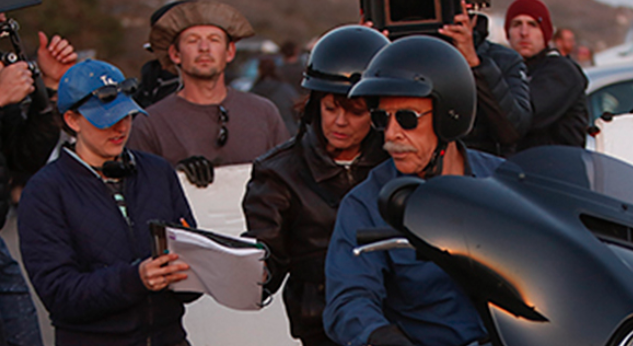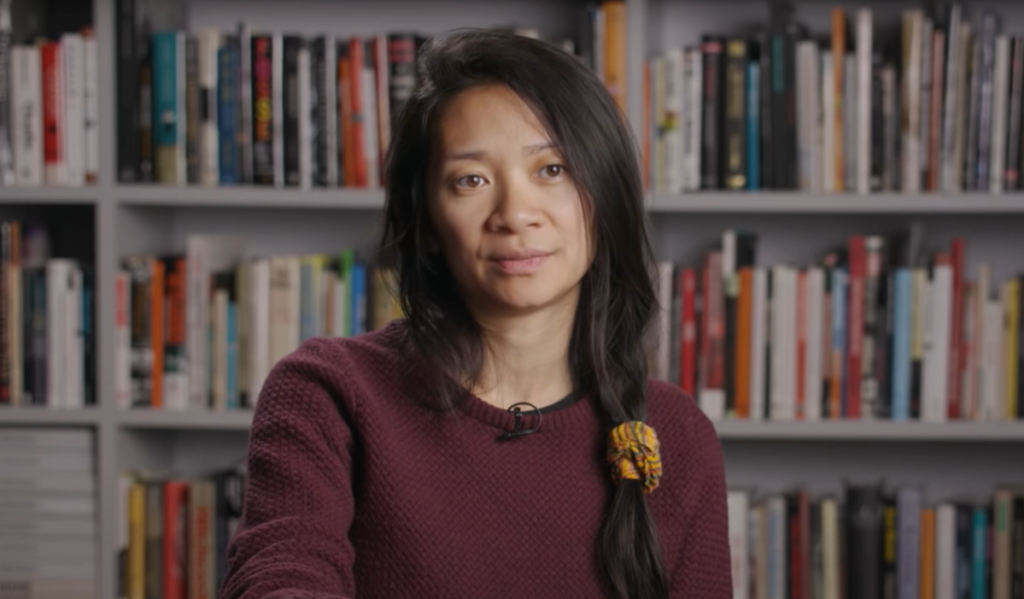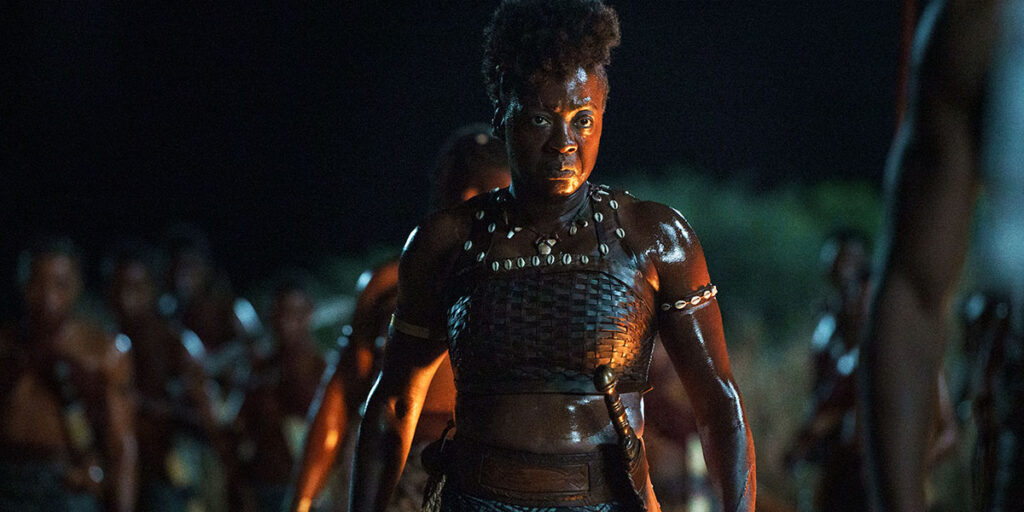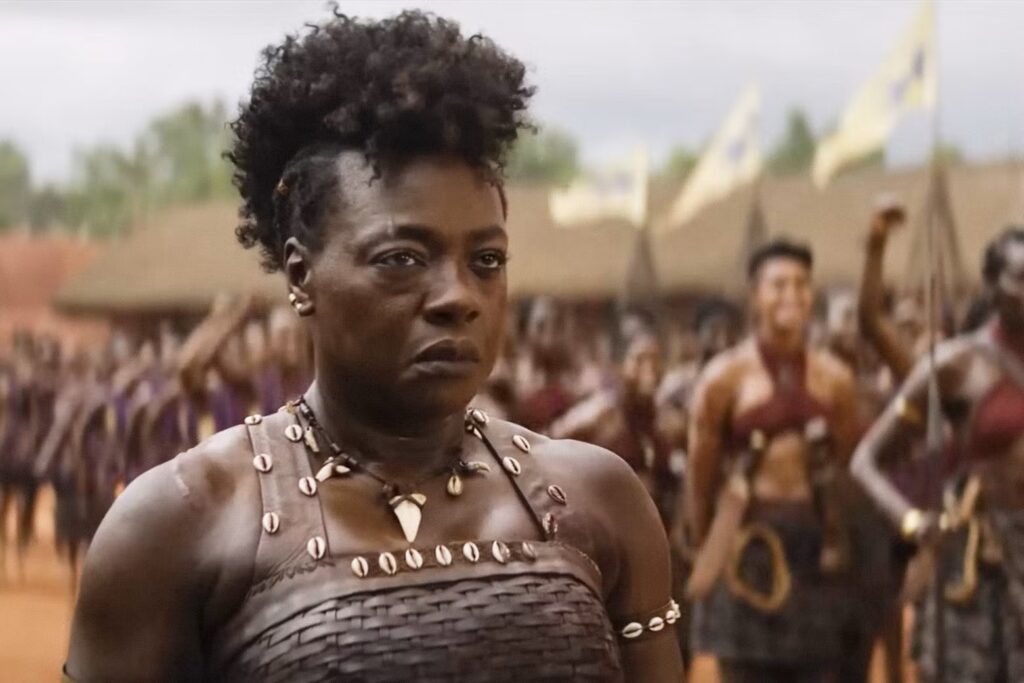Hollywood obviously has a women problem — that’s no secret. However, when we discuss gender inequality in show business, higher-profile positions, such as actors, directors, producers, and writers tend to commandeer the conversation. But there are plenty of behind-the-scenes jobs where sexism is just as rampant, if not more so. The Los Angeles Times has reported on a new study about Hollywood crafts jobs, a field that is predominantly female but — as the research shows — remains plagued by pay disparity and sexual harassment.
The IATSE Local 871-commissioned study, “’Script Girls,’ Secretaries and Stereotypes: Gender Pay Equity on Film and Television Crews,” has sparked a demand for reform in crafts jobs, as well as an open letter from a coalition of groups including ACLU, Women in Media, and the National Women’s Law Center. The letter referenced the California Fair Pay Act, which ensures men and women are paid equally for the same work.
“’Script Girls’” examines four traditionally women-held crafts jobs: script supervisors, production coordinators, assistant production coordinators, and art department coordinators. The study concluded that women-dominated crafts jobs are underpaid compared to men-dominated ones, which the authors argue are “roughly comparable in terms of their value to productions.”
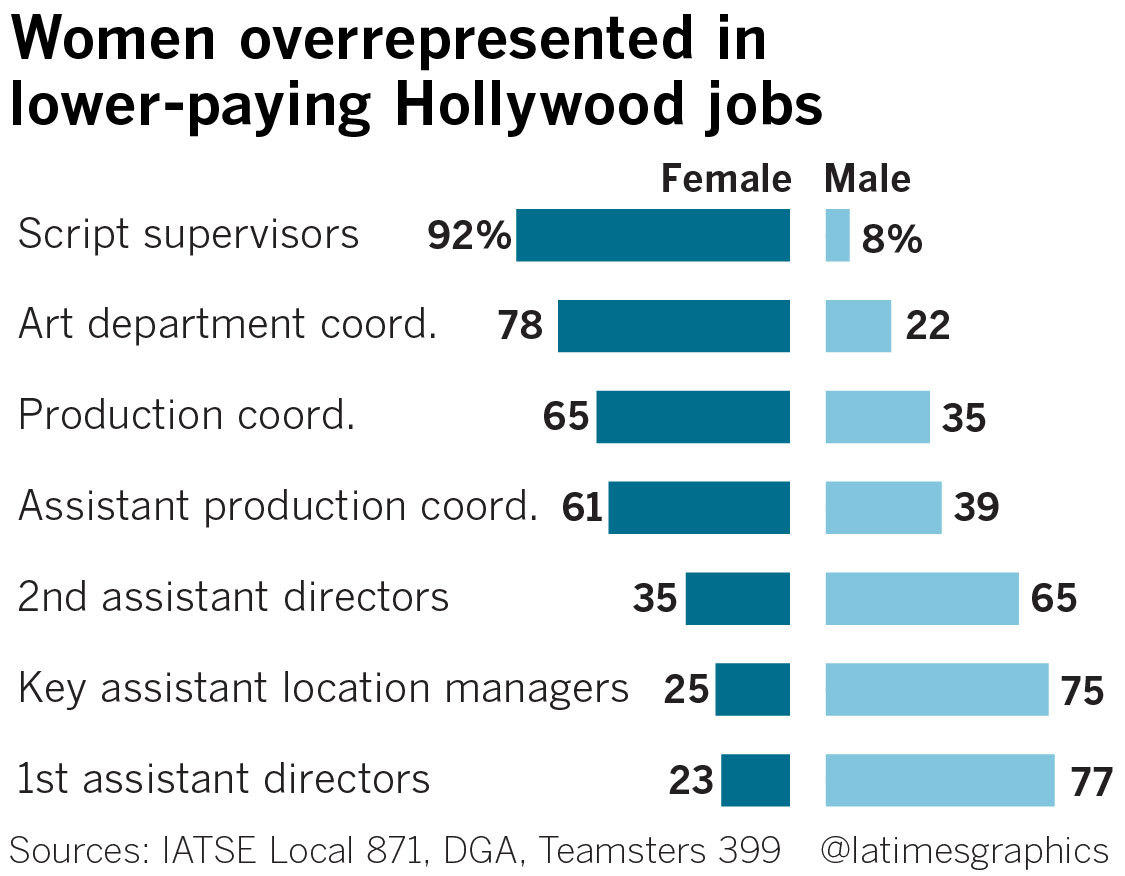
Credit: The LA Times
Script supervisors are paid minimum rates, or scale pay. In 2016 TV script supervisors earned scale rates of $2,573 per week, while the predominantly male craft jobs of first assistant director and second assistant director (working in TV) earned $4,465 and $3,101 per week, respectively. “The pay differential was even higher for movies,” the source notes. Meanwhile, art department coordinators were paid an average of $1,238 per week, as opposed to key second location managers’ $1,687.
Craft workers who spoke to the Times believe that the pay gap is partially due to individual negotiations with companies or studios. “When you ask for more money — a higher hourly rate — they say, ‘We don’t have it.’ It’s discouraging,” said “Black Panther” script supervisor Dawn Gilliam.
Marisa Shipley, an art department coordinator on series including “Grace and Frankie,” turned down a Netflix film because they refused to match her current rate on TV productions. She later found out a male coordinator was hired for $100-more weekly rate than she had requested. “We deserve to be paid a livable wage commensurate with the work we do,” Shipley said. “It doesn’t matter if you jump one barrier, they throw another one out. Some of these projects are only four months long, and you do that multiple times a year and that becomes exhausting having to justify your work.”
“We have a lot of evidence concerning the pay gap between female and male staff that perform similar functions,” remarked study author Pamela Coukos. “This is one more piece of that story that says the industry needs to reckon with equity and inclusion in its workplaces.”
The lack of equal pay isn’t the end of female crafts workers’ problems. “‘Script Girls'” also published the results of a survey of Local 871 members: 52 percent of the women respondents had experienced or witnessed workplace sexual harassment within the past three years.
“The lower pay and status of these crafts reduces the economic and social power women have to challenge harassing and abusive behavior,” the study concluded, “especially given the high fear of retaliation and the informal and highly networked hiring practices on these productions.”
As #MeToo and #TimesUp gain momentum and influence, more and more women from various professional fields — not just Hollywood’s most publicized careers — are feeling empowered to speak out about workplace inequality. Hopefully the outcry for change among women within show biz’s crafts jobs will yield better pay and safer spaces, and embolden women in all types of jobs to demand an end to discrimination and misconduct at work.
